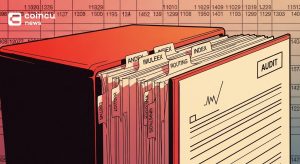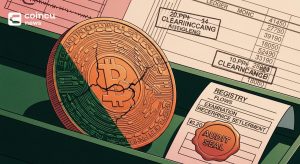Key Points:
- The Chicago Mercantile Exchange (CME) confirmed it has no Solana futures plans, quelling recent speculation.
- Regulatory hurdles, including the SEC’s classification of Solana as a security, pose significant challenges to the creation of a Solana-based ETF, which may take years to overcome.
Rumors have been circulating in recent times of the possibility of the Chicago Mercantile Exchange (CME) with Solana futures plans, while other financial giants such as BlackRock had been reported to be considering Solana-based ETFs, but these reports have been dismissed.

CME Confirms No Solana Futures Plans
A CME source close to the exchange confirmed that they are not listing a Solana futures fund, essentially killing hopes for a Solana ETF anytime soon. The move by the CME Group against a Solana futures plan lies in line with the assessments that are ongoing within the cryptocurrency derivatives market.
Parallel to this, Justin Bons of Cyber Capital has commented on the status of the Solana network. Contrary to the rumors that the Solana network keeps failing, Bons has tested more than 20 transactions via Phantom without any issues.
The reasons for the belief in the transaction failure were, in his opinion, fake bot activities, not due to the actual user experience. Bons acknowledged that the networking layer, QUIC, was having issues, but since then, improvements have made it much more efficient.
Regulatory Hurdles Delay Potential Solana-Based ETF
ETF analyst James Seyffart at Bloomberg also emphasized that there were significant hurdles that must be cleared before the launch of a Solana ETF. He indicated that it would take several years to dismantle these barriers because a regulated futures market is needed, and the Commodity Futures Trading Commission has to oversee this. Thus, legislation would also be needed in the form of the FIT 21 bill.
Another point emphasized by Seyffart was the confusion due to the Securities and Exchange Commission’s characterization of Solana as a security. While in the case of Ethereum, the SEC has not categorically stated it to be a security, Solana’s inclusion in the lawsuits against Coinbase and Kraken makes its categorization as a security problem for the creation of a Solana-based ETF.
| DISCLAIMER: The information on this website is provided as general market commentary and does not constitute investment advice. We encourage you to do your own research before investing. |






















